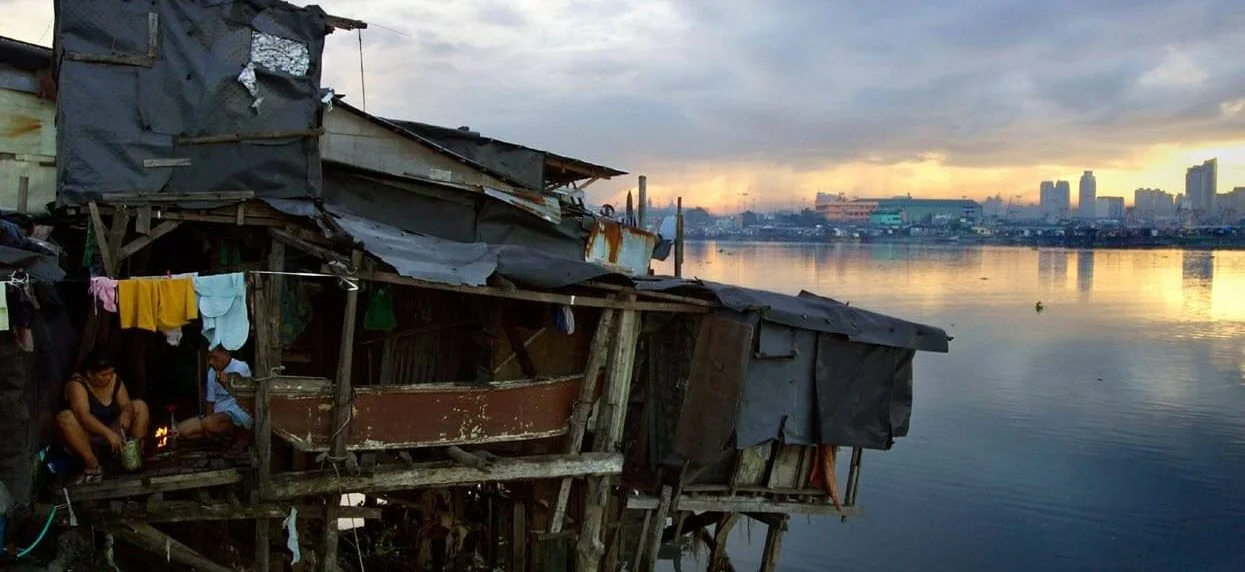The richest 1% emit as much carbon pollution as two-thirds of humanity
This is one of the shocking findings of Oxfam’s landmark ‘Climate Equality: A Planet for the 99%’ report released ahead of the annual United Nations international climate change conference COP28.
We also found that it would take about 1,500 years for someone in the bottom 99% globally to produce as much carbon as the richest billionaires do in a year.
In fact, the emissions of the wealthiest 1% are so high that every year they cancel out the carbon savings coming from nearly one million wind turbines.
Within Australia emissions are highly unequal, with the richest generating massive emissions
But that’s not all we found. We crunched the numbers in our region and revealed that:
- The top 1% of Australians by income emitted 22 times as much per person as the 50% of people on lower incomes.
- The top 10% were responsible for almost 33% of all national emissions, while the bottom 50% were responsible for less than 20% of emissions, despite constituting 10 million more people.
- The top 1% of Australians created more carbon pollution than all 14.7 million passenger vehicles in the country!
When we compare the emissions of Australia’s wealthiest to people in the Pacific, the inequality is even more extreme:
- The top 1% of Australians, about 250,000 people, emit 17 times more emissions than the combined 2 million people of Fiji, Vanuatu, Solomon Islands, Tuvalu, and Kiribati.
- The top 1% of Australians by income emit almost 200 times more carbon pollution than the entire population of Vanuatu, with fewer people.
The wealthy have the power to stop the climate crisis
The wealthy have the responsibility, as well as the economic and political power, to stop climate crisis.
Australia has long played an out-sized role in contributing to climate change, both as a high emitter of greenhouse gases and a huge exporter of fossil fuels to the rest of the world. However, Oxfam’s report makes clear that it’s the wealthiest among us who have driven these high emissions through their excessive lifestyles, fossil fuel investments, and their economic and political influence to maintain the polluting status-quo they profit from.
Meanwhile, low- and middle-income households are locked into polluting vehicles, fossil fuel-based energy and inefficient homes, because affordable, clean alternatives simply aren’t available thanks to the lack of government and corporate leadership.
It’s time to expose the truth!
It’s time we expose the truth about carbon inequality and ensure the ultra-wealthy, who are most responsible for the climate crisis, pay to fix it.
Oxfam is calling on the government to tax billionaires and polluting corporations, and put the money into a just transition to climate change.
For years we’ve fought to end the era of fossil fuels to save millions of lives and our planet. It’s clearer than ever this will be impossible until we also end the era of extreme wealth.
Click here to read the report ‘Climate Equality: A Planet for the 99%’.
Click here to read the ‘Climate Inequality: Oceania’ brief.



